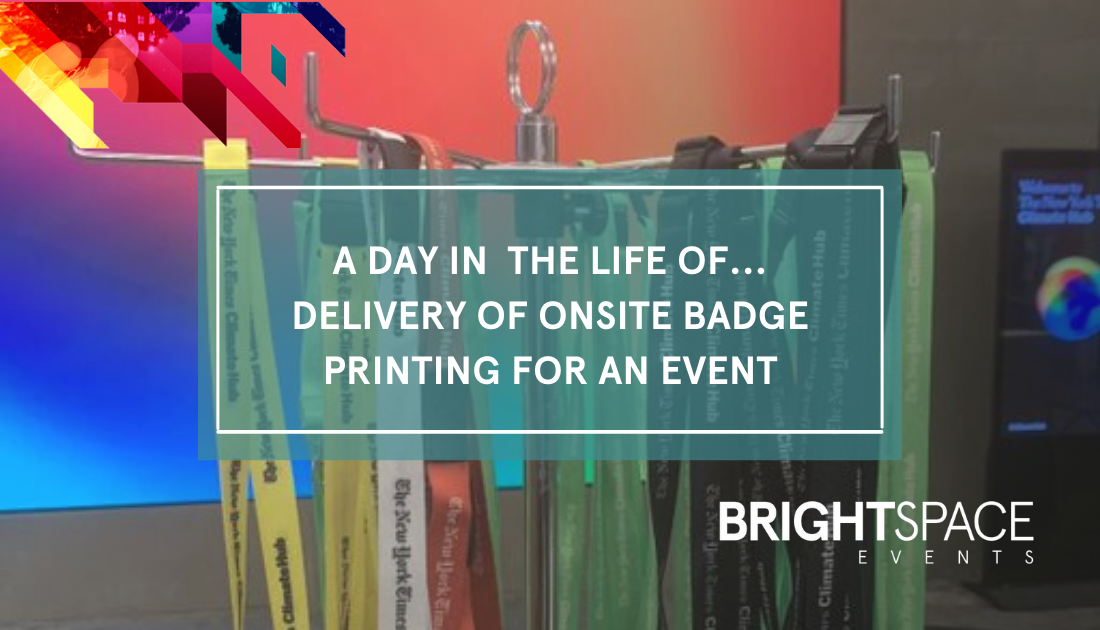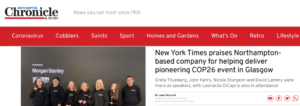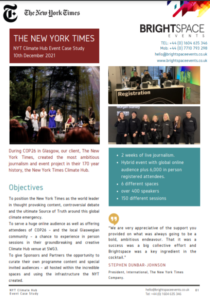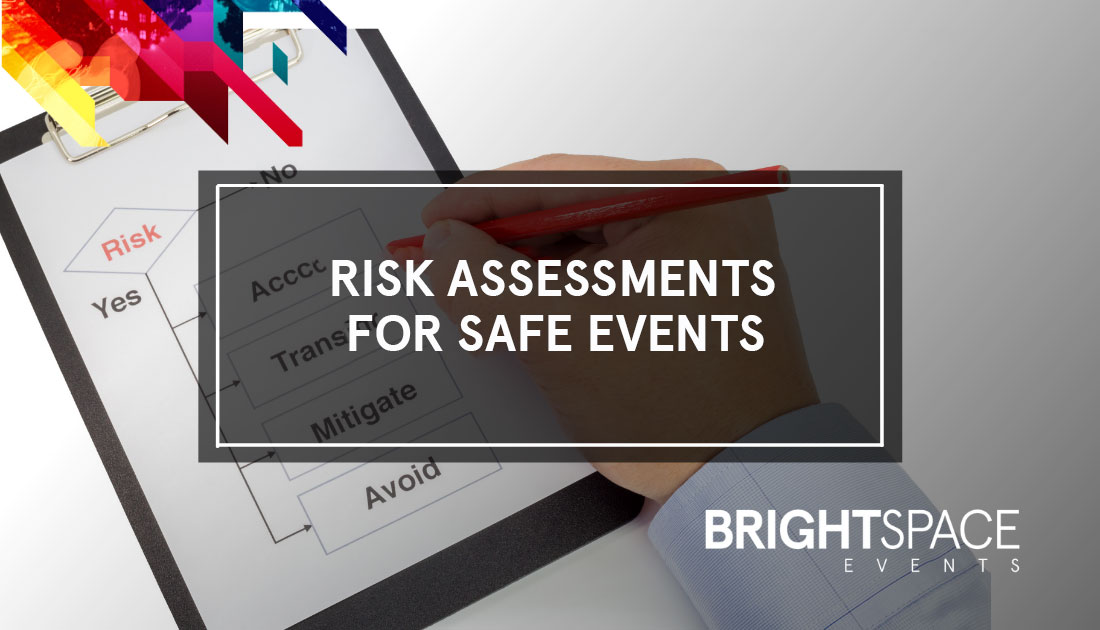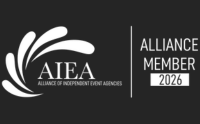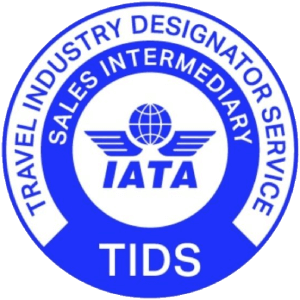Finally, after almost crying at the skips behind conference venues, we have reached a point where sustainability has become a crucial consideration across various industries, including the events sector. As event planners and organisers, we have a responsibility to minimise our environmental impact and promote sustainable practices and hence move towards organising sustainable events.
This has always been both personally and professionally important to me but I am relieved that I can now have really positive conversations with my clients who are now pulling in the same direction and, crucially, have the backing at Board level to make the necessary changes.
By embracing sustainable event management, we can create memorable experiences while simultaneously contributing to a better planet—and that’s a huge win-win if you ask me!
Understanding the Importance of Sustainability in Events
There’s no getting away from the fact that events have a significant environmental footprint, from the transportation and accommodation of attendees to the use of disposable materials and energy consumption. This has always been really difficult for me to reconcile with my personal ethical and moral compass, and unfortunately, the pandemic highlighted the climate benefits of keeping everyone at home instead.
Digging a little deeper into this, according to a report by Conference News, the UK events industry is responsible for generating over 1.2 million tonnes of waste and 1.8 million tonnes of CO2 emissions annually. However, if we look forward and start adopting and promoting sustainable practices, we can reduce waste, conserve resources, and actually do something to minimise our carbon footprint.
In a happy coincidence, sustainable events also align with the growing demand for eco-friendly experiences, as we have more and more environmentally conscious attendees and stakeholders. A survey by Eventbrite revealed that 73% of UK event attendees consider sustainability as an important factor when choosing which events to attend. And looking at the attitudes and values of the younger generations now entering the workforce, this is only going to increase.
The drive to change is coming from the top and the bottom—both Boards and Attendees demand better performance against ESG in events—woo hoo!! How can we then act on that and make our events more sustainable?
Strategies for Planning a Sustainable Event
While moving towards organising sustainability events, you’ll discover a HUGE world of jargon, science, and conflicting information, which can mean you encounter a lot of questions and queries, however, just break it down and try to look at the following steps:
Venue Selection
Choosing the right venue can significantly impact the sustainability of your event. Consider venues that prioritise energy efficiency, waste management, and eco-friendly practices. Look for venues that are B Corps (such as the Exclusive Collection, Inhabit Hotels) or with LEED certification or those that actively promote sustainable initiatives.
Transportation and Accommodation
This is by far the largest impact your event will have. Often, we aren’t responsible for the arrangements, but we can encourage attendees to use public transportation, carpool, or opt for eco-friendly transportation options like electric vehicles or bicycles. And see our first point—choose a venue that helps support this—so near a train station, for example, and also ask about electric charging points—they often boast they have them, but often they are few and far between.
But the stark fact is, as soon as you put any delegates on flights, you have blown your carbon budget sky high, so reducing air travel MUST be your priority for destination and venue selection.
Decor and Branding
Embrace sustainable decor ideas for events by using recycled or repurposed materials for decorations and branding elements. Consider renting reusable items or working with local artisans who create handmade, eco-friendly products. Avoid single-use plastics and opt for biodegradable or compostable alternatives. Event Cycle can do some wonderful things with local not for profit companies both to produce and then re-use branding and decor elements after the event.
Food and Beverage
Source locally grown, seasonal, and organic produce for your event catering. This not only reduces the carbon footprint associated with transportation but also supports local farmers and promotes sustainable agriculture. Offer plant-based menu options and avoid excessive food waste by carefully planning portions. If fully plant based is a step too far for your audience, then simply removing red meat will make a huge difference whilst not leaving the carnivores disappointed!
Waste Management
Implement a comprehensive waste management plan that includes recycling, composting, and proper disposal of non-recyclable materials. Provide clearly labelled bins and educate attendees on proper waste separation. Consider partnering with organisations that specialise in waste diversion and recycling services.
Engaging Stakeholders and Attendees
Creating a truly sustainable event requires collaboration and buy-in from all parties involved, including suppliers, attendees, and the local community. By actively engaging these stakeholders and fostering a sense of shared responsibility, you can amplify your sustainability efforts and create a lasting positive impact. Event comms will be really important in this, so you can start a sustainability conversation on your event website and delegate invitations to set the tone from the outset.
One idea championed by the ICC Wales is a food bank drop off at the venue; each delegate is asked to bring 1 item to donate, which, if you multiply that by the number of people who come through their doors, will have a massive impact.
Partner with sustainable event agencies and suppliers who share your commitment to sustainability. Conduct thorough research and ask probing questions about their sustainability practices, supply chain transparency, and corporate social responsibility initiatives.
Again, Bcorp is a good indication of someone who’s really committed to the cause, but, equally, make sure you interrogate their working practices and not just their certifications.
Attendee Education and Participation
Communicate your sustainability efforts to attendees before and during the event. Encourage them to participate in eco-friendly practices by providing clear instructions and making it easy for them to contribute. Consider gamifying the experience by offering incentives or rewards for sustainable actions.
Community Involvement
Engage with local communities and organisations that promote sustainability. Collaborate with them to incorporate their expertise and insights into your event planning. Consider supporting local initiatives or organising volunteer opportunities for attendees to give back to the community.
Measuring and Reporting Impact
To continuously improve your sustainable event practices, it is essential to measure and report your impact. This can be achieved by:
- Waste Diversion: Track the amount of waste generated during the event and measure the quantities diverted from landfills through recycling, composting, and other waste management strategies. This data can help you set targets for waste reduction and identify areas where more efficient waste management practices are needed.
- Energy Consumption: Monitor the energy usage during the event, including electricity for lighting, audio-visual equipment, and other installations. Consider tracking the energy consumption of different event components to pinpoint high-consumption areas and explore opportunities for energy-efficient alternatives or renewable energy sources.
- Water Usage: Measure water consumption during the event, particularly in areas such as catering, restrooms, and any outdoor activities. This data can help you identify water-saving opportunities and implement strategies like low-flow fixtures or water recycling systems.
- Carbon Emissions: Calculate the carbon footprint of your event by considering factors such as attendee travel, energy usage, and waste generation. This data can guide you in implementing carbon offsetting programs or exploring ways to reduce emissions through sustainable transportation options or renewable energy sources.
- Supplier Performance: Evaluate the sustainability performance of your suppliers by gathering data on their practices, such as sourcing of materials, packaging, and transportation methods. This information can help you make informed decisions when selecting suppliers for future events.
The good news is that there are several platforms and companies that can help you do this. Two of the main ones in the UK event industry are:
https://eventdecision.com/
https://weareisla.co.uk/
Additional Suggestions
As an event planner or organiser, it’s crucial to continually explore new avenues and stay updated with the latest trends and best practices in the industry.
One area worth considering is how to plan a sustainable event from the ground up. This involves incorporating sustainability principles right from the initial planning stages, such as selecting venues that prioritise energy efficiency, water conservation, and waste management. Additionally, you could explore partnerships with local organisations or community groups that align with your sustainability goals, fostering a sense of collaboration and shared responsibility.
We really like the idea of creating a “Sustainability Risk Assessment” which will identify the key areas where you could make improvements and allow you to focus on making the biggest impact – rather than worrying too much about things which don’t actually create such a problem.
When it comes to how to run a sustainable event, attention to detail is key. Encourage attendees to make eco-friendly choices by providing reusable water bottles, promoting carpooling or public transportation, and offering plant-based or locally sourced menu options.
Consider implementing a comprehensive recycling and composting program, and ensure that any leftover materials or decorations are either donated or repurposed for future events.
Another aspect to focus on is sustainable decor ideas for events. Instead of relying on single-use decorations or disposable materials, explore options like renting or repurposing decorative items. Work with local artisans or craftspeople who create unique, handmade pieces using sustainable materials. You could even consider incorporating living plants or natural elements into your event decor, adding a touch of nature while reducing waste.
Partnering with a sustainable event agency can also be a game-changer. These agencies specialise in creating events that prioritise environmental responsibility and social impact. They can provide valuable insights, recommendations, and access to a network of sustainable suppliers and vendors, making it easier for you to achieve your sustainability goals.
Remember, sustainability is an ongoing journey, and every small step counts. By continuously exploring new ideas, embracing innovation, and collaborating with like-minded individuals and organisations, you can make a significant impact in reducing the environmental footprint of your events while creating memorable and meaningful experiences for your attendees.
By embracing sustainable events, we not only contribute to a healthier planet but also create memorable experiences that align with the values of our attendees and stakeholders. It’s a journey that requires commitment, creativity, and collaboration with like-minded partners.
As the demand for eco-friendly events continues to grow, those who prioritise sustainability will not only gain a competitive edge but also play a crucial role in shaping a more sustainable future for the industry.
Choose Brightspace Events today!
I, Sarah from Brightspace Events, am immensely passionate about creating truly sustainable events that leave a positive impact on the planet. My team of experts will work closely with you to incorporate eco-friendly practices at every stage, from planning to execution. We’ll help you choose sustainable venues, implement waste management strategies, and source locally-grown, plant-based catering options.
Trust us to handle all aspects of your event, from decor to transportation, ensuring a reduced carbon footprint and minimal waste generation. Contact us today, and let’s embark on a journey towards organising an event that aligns with your values and contributes to a greener future.







